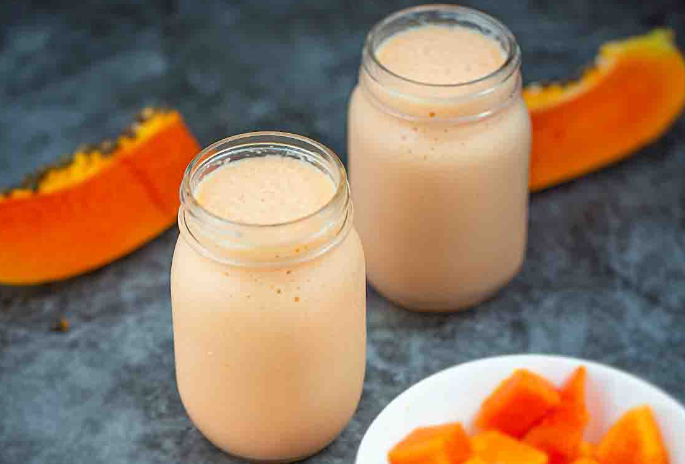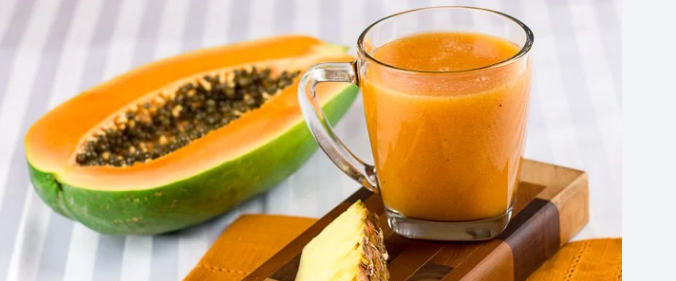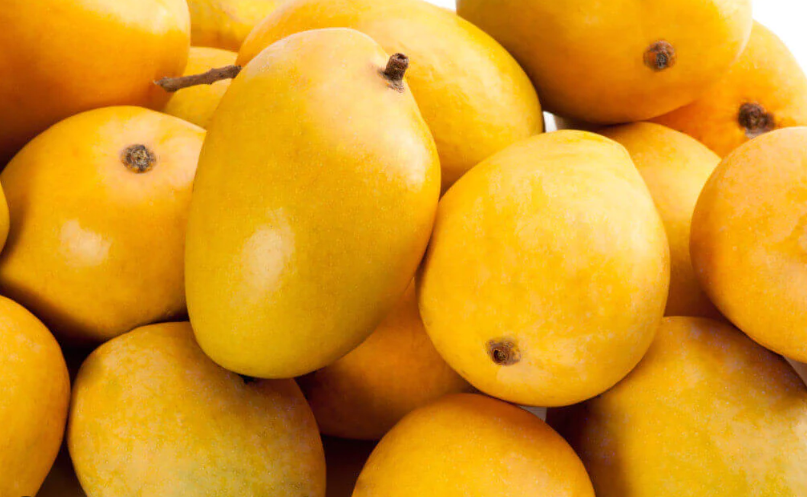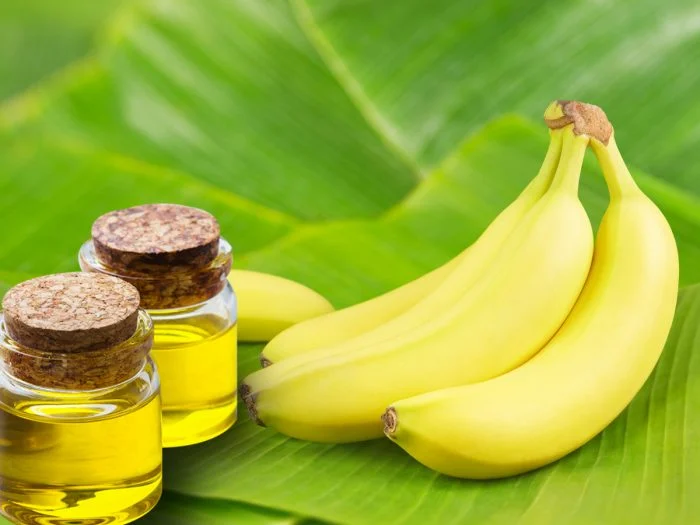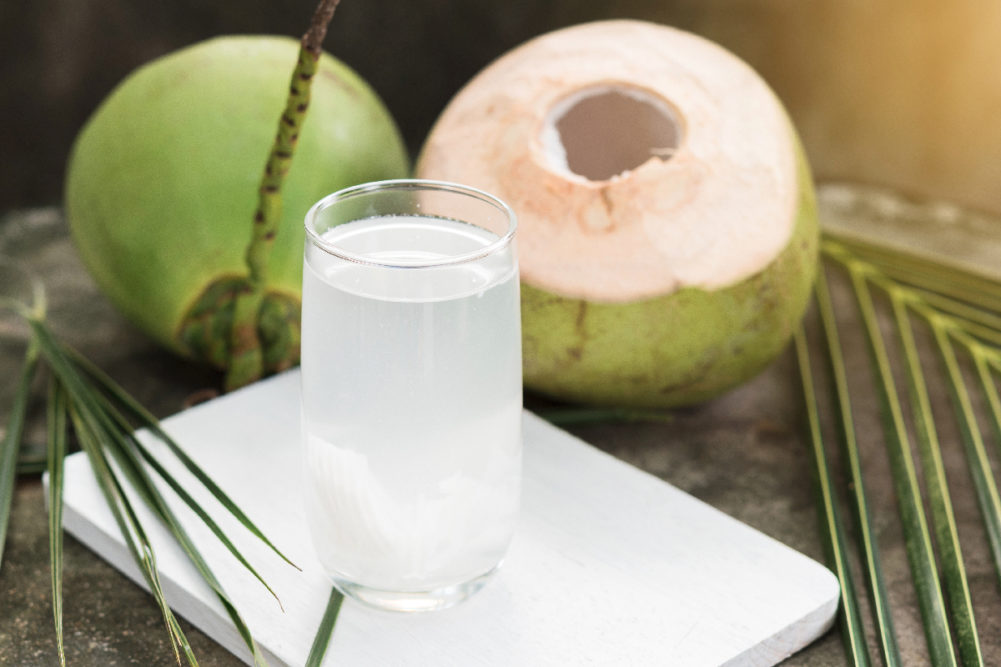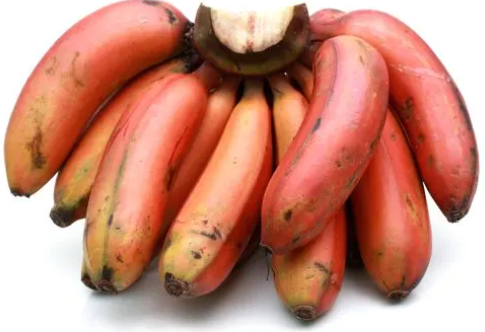Diarrhea is when you have loose and watery poop, which can be annoying and get in the way of your day. It usually gets better on its own, but everyone wants to feel better faster. So, people wonder if eating avocados can help with diarrhea.
Table of Contents
- Why Avocado Might Help with Diarrhea
- 1. Fiber for Better Digestion
- 2. Potassium for Lost Electrolytes
- 3. Nutrients and Gentle Fats
- 4. Calories for Energy When Eating Less
- 5. Possible Prebiotic Effects
- Why Avocado Might Make Diarrhea Worse
- 1. Lots of Fiber
- 2. FODMAPs
- 3. High Fat Content
- 4. Allergy Risks
- 5. Might Have Germs
- Who Should Eat or Avoid Avocados
- People Who Might Benefit
- People Who Should Be Careful
- How to Add Avocados to Your Diet Safely
- In Summary
Why Avocado Might Help with Diarrhea
Avocados could be a good food to eat when you have diarrhea because of certain things they contain.
1. Fiber for Better Digestion
A medium avocado has about 7 grams of fiber. Fiber makes your poop thicker and helps your stomach digest food. The soluble fiber in avocados, which soaks up water, can make poop less watery.
2. Potassium for Lost Electrolytes
When you have diarrhea, your body loses a lot of water and minerals like potassium. Eating half an avocado can give you about 14% of the potassium you need in a day, which can help with diarrhea.
3. Nutrients and Gentle Fats
Avocados are creamy because they have healthy fats called monounsaturated fats. These fats are easy on your stomach. Avocados also have vitamins like C, E, K, and B-6.
4. Calories for Energy When Eating Less
If you have diarrhea, you might not want to eat as much. Eating half an avocado gives you about 160 calories along with other nutrients, which is helpful when you’re not eating a lot.
5. Possible Prebiotic Effects
Research says that avocados may act like prebiotics, feeding the good bacteria in your guts. This can make your stomach stronger and help you get over diarrhea faster.
Why Avocado Might Make Diarrhea Worse
Even though avocados have benefits, there are also reasons why they might not be great for you when you have diarrhea.
1. Lots of Fiber
Eating a lot of fiber all at once can sometimes make diarrhea worse. A whole avocado has a lot of fiber, which could upset a sensitive stomach.
2. FODMAPs
Avocados have FODMAPs, which are a kind of carb that might cause gas and diarrhea in some people if the carbs don’t digest well. This happens because bacteria in the gut ferment these carbs.
3. High Fat Content
The fats in avocados can sometimes make you need to poop if you eat a lot of them. This is because the fats can make your intestines squeeze more.
4. Allergy Risks
Some people are allergic to avocados. If you are allergic, eating them could cause problems like diarrhea, stomach cramps, nausea, and vomiting.
5. Might Have Germs
Avocados, like other fresh foods, can sometimes have germs like bacteria or viruses on them. If you eat an avocado with germs, you could get sick with symptoms like diarrhea, throwing up, and a fever.
Who Should Eat or Avoid Avocados
Thinking about the good and not-so-good things about avocados, here’s who might want to eat them and who might need to be careful:
People Who Might Benefit
If you don’t have problems with avocados and you can handle fiber and fats, avocados could give you fiber, potassium, vitamins, and calories when you’re dealing with diarrhea.
People Who Should Be Careful
You might want to avoid avocados or not eat too much if you have a sensitive stomach, you have diarrhea because you’re sick, you’ve never tried avocados before, or you’re allergic to avocados.
How to Add Avocados to Your Diet Safely
If you want to see if avocados can help with your diarrhea, here are some tips to do it safely:
- Start with a small piece, like a quarter of an avocado, to see how your stomach handles it.
- Eat it with food that’s easy to digest, like bananas, rice, applesauce, or toast.
- Don’t mix it with other fatty foods, like oils, creams, or fatty meats.
- Pick recipes with smooth avocado, and avoid the skin and seed.
- Don’t eat a lot of other high-fiber foods at the same time.
- Drink a lot of water and maybe some drinks with electrolytes to stay hydrated.
- If your diarrhea gets worse or you think you’re having an allergic reaction, stop eating avocados.
In Summary
Avocados have lots of nutrients and might help with diarrhea because of their fiber and potassium. But, they also have things that might not be good if you eat too much. Listen to your body and try only a little bit of avocado to start to see if it’s good for you when you have diarrhea.


